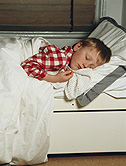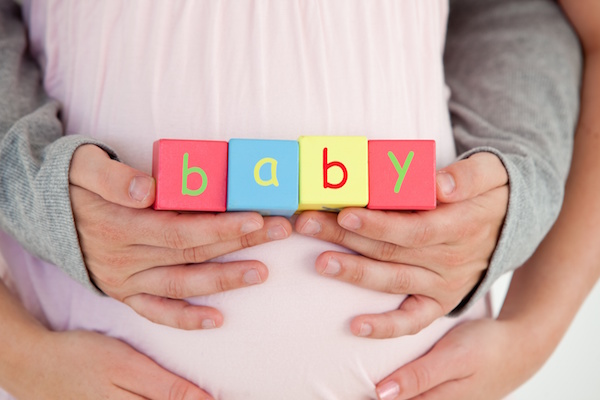
TUESDAY, Aug. 27 (HealthDay News) — While techniques such as fluid restriction can help some children who have problems with bedwetting, alarms and medications are more effective, a new study finds.
“Simple behavioral therapies such as rewarding the child for dry nights or taking the child to the toilet during the night can sometimes help with bedwetting, and is better than doing nothing,” said study leader Dr. Patrina Caldwell, a pediatrician at the Children’s Hospital at Westmead and senior lecturer at the University of Sydney, in Australia.
“However, there are more effective treatments such as bedwetting alarm training or medications,” she said. But alarm training is more difficult, she noted.
Bedwetting affects about 5 million children in the United States, with up to 20 percent of 5-year-olds having the problem. Most kids outgrow the problem, known medically as nocturnal enuresis, and only 2 percent of adults are affected. However, bedwetting can be frustrating, stressful and traumatic. Remedies and treatments abound, but with much debate about which are best.
In the United States, two medications are approved for childhood bedwetting — desmopressin (DDAVP) and imipramine (Tofranil) — although others are also used off-label.
Dr. Trevor Resnick, chief of neurology at Miami Children’s Hospital, said he only prescribes medication on an as-needed basis, such as to spare children embarrassment on a sleepover.
The new report was published recently in The Cochrane Library.
For the review, Caldwell’s team reviewed 16 published studies involving more than 1,600 children, with about half trying simple interventions. Among them were fluid retention, rewards for dry nights (such as stars on chart), and lifting children and taking them to the bathroom after they have been asleep.
No one simple strategy worked better than another, the researchers found. When they compared alarm training with the simple strategies, the alarm training was more effective. And treatment with medication alone was better than the simple interventions.
However, the researcher noted that “the findings from this review should be interpreted cautiously due to the poor quality and small sizes of the trials.”
Reasons for bedwetting are not totally understood, but experts think it may be associated with the time it takes children to develop control over the bladder, a complex milestone. The timing varies from child to child.
The findings suggest that parents may want to start with simple treatments, Caldwell said, “then move to alarm training or medication if simple treatments do not work after trying for six months.”
“Younger children generally take longer to respond to treatment,” she said. “Don’t get annoyed with the child, because bedwetting is usually out of their control.”
While the alarm system, which sounds an alarm when drops of urine are detected, is effective, it is difficult to do, Caldwell said. Another downside she has sometimes seen is when children become dry on alarm training then develop sleepwalking or night terrors. “Bedwetting and night terrors and sleepwalking are all parasomnias [sleep disorders] and are known to be associated,” she said.
The new findings mirror what U.S. expert Resnick has seen in his patients. “I’d say behavioral therapies work about 50 percent of the time,” said Resnick, who was not involved in the study.
If simple treatments don’t work, Resnick said he may consider medications, but he only prescribes them on an as-needed basis, since the medications have side effects.
He agreed with the review authors that many of the included studies did not have sufficient children participating or who were receiving a single treatment to produce definitive findings.
More information
To learn more about bedwetting, visit the American Academy of Pediatrics.
Copyright © 2026 HealthDay. All rights reserved.

